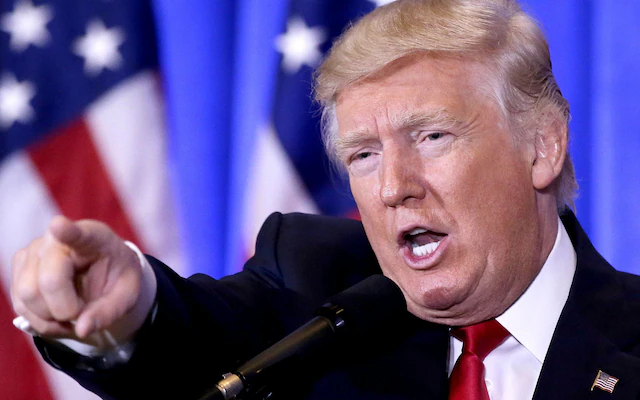
The United States has formally notified the United Nations Educational, Scientific and Cultural Organisation (UNESCO) of its decision to withdraw from the agency, citing concerns over its alignment with U.S. foreign policy priorities.
In a statement released on July 22, 2025, U.S. Department of State spokesperson Tammy Bruce confirmed the move, describing continued participation in UNESCO as “not in the national interest of the United States.”
“Today, the United States informed Director-General Audrey Azoulay of the United States’ decision to withdraw from UNESCO,” Bruce said.
“Continued involvement in UNESCO is not in the national interest of the United States.”
The statement criticised UNESCO’s direction, claiming the organisation advances “divisive social and cultural causes” and gives “an outsized focus on the UN’s Sustainable Development Goals.”
It further described these goals as “a globalist, ideological agenda for international development at odds with our America First foreign policy.”
A major point of contention highlighted by Washington is UNESCO’s 2011 decision to admit Palestine as a member state.
The spokesperson termed this move “highly problematic, contrary to U.S. policy, and contributing to the proliferation of anti-Israel rhetoric within the organisation.”
According to the State Department, the U.S. intends to shift its international engagement strategy.
“Continued U.S. participation in international organisations will focus on advancing American interests with clarity and conviction,” Bruce stated.
The U.S. withdrawal is set to take effect on December 31, 2026, under Article II(6) of the UNESCO Constitution. Until then, the United States will remain a full member of the agency.
This is not the first time Washington has pulled out of UNESCO. The U.S. previously left the agency in the 1980s under the Reagan administration, citing similar concerns, before rejoining in 2003. It also suspended funding in 2011 following Palestine’s admission.
In the remarks, Bruce emphasised that the current administration’s decision reflects a broader re-evaluation of U.S. involvement in multilateral organisations.
Bruce noted the need for such participation to align closely with national priorities and values.
UNESCO, founded in 1945, aims to promote international collaboration through educational, scientific, and cultural reforms. It is best known for its World Heritage program and efforts to foster freedom of expression and access to education.
The agency has yet to issue an official response to the U.S. withdrawal notice.
The move adds to a growing list of U.S. disengagements from international institutions in recent years, signalling a continued pivot towards unilateralism.
What is UNESCO?
UNESCO, or the United Nations Educational, Scientific and Cultural Organisation, is headquartered in Paris, and is best known for designating World Heritage Sites.
It has designated more than 1,200 of them since 1972, including Yosemite National Park in California and the Minaret of Jam in Afghanistan.
It also keeps an “intangible cultural heritage” list of humanity’s most worthy creations, like the French baguette and opera singing in Italy.
The organisation is also known for its educational programs and promotes sex education, literacy, clean water and equality for women.
It also helps to set standards on a range of issues, including ocean protection and the ethics of artificial intelligence.















